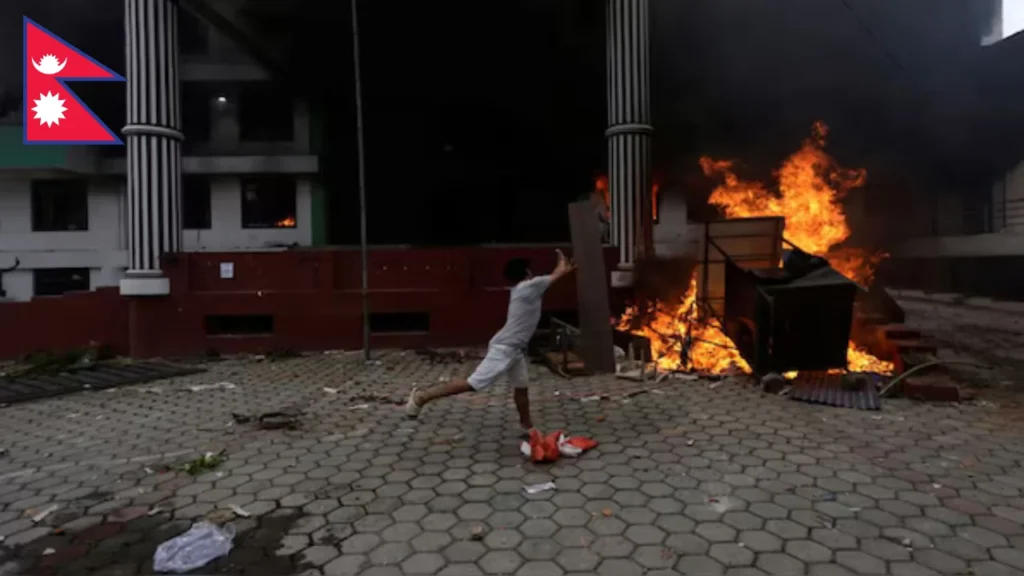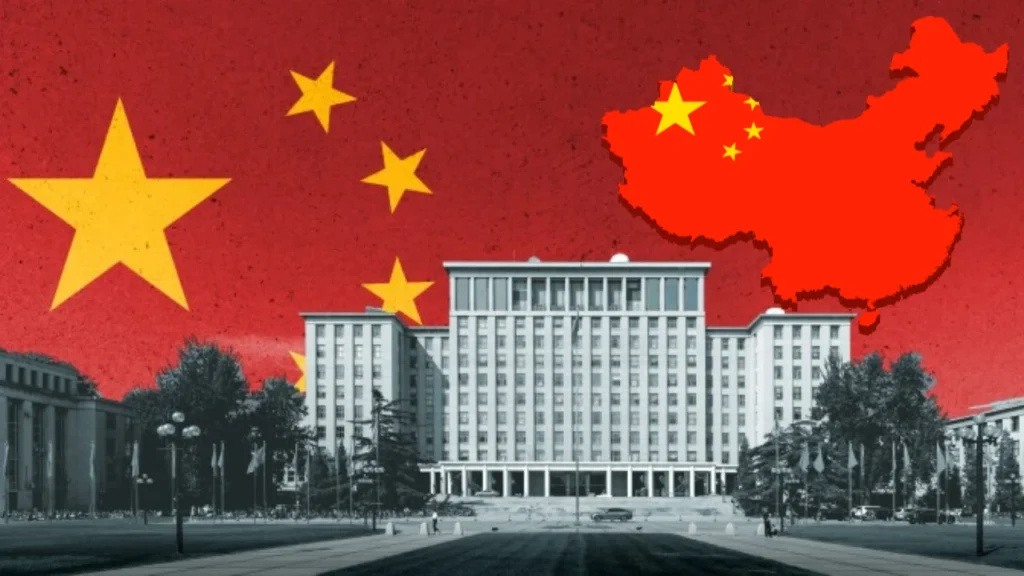A wave of unrest in Nepal turned deadly when protesters set fire to the Dallu home of former prime minister Jhala Nath Khanal. His wife, Rajyalaxmi Chitrakar, suffered severe burn injuries inside the charred residence. She was rushed to Kirtipur Burn Hospital in critical condition but could not survive.
Tensions had already been boiling over, fueled by a ban on popular social media platforms and anger over corruption. Even after the government lifted the ban, protests led by Gen Z youth spread across the country. The demonstrations soon turned violent, leaving around 22 people dead and more than 300 injured.
Major symbols of power became targets. Singh Durbar, the heart of Nepal administration, Sheetal Niwas, the presidential residence, and the parliament all came under attack. Residences of President Ram Chandra Paudel, Prime Minister KP Sharma Oli, and former prime ministers Pushpa Kamal Dahal, Sher Bahadur Deuba, and Jhala Nath Khanal were also vandalized. In Deuba’s case, both he and his wife faced physical assault.
The tragedy of Rajyalaxmi Chitrakar highlights the heavy human cost of political instability. What began as public anger against restrictions and corruption has now crossed into deadly violence. With grief and fear spreading across the nation, Nepal faces a crucial moment that demands accountability and restraint from all sides.





















